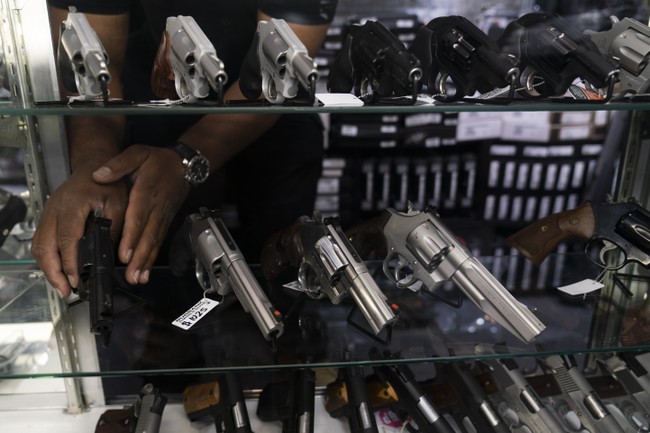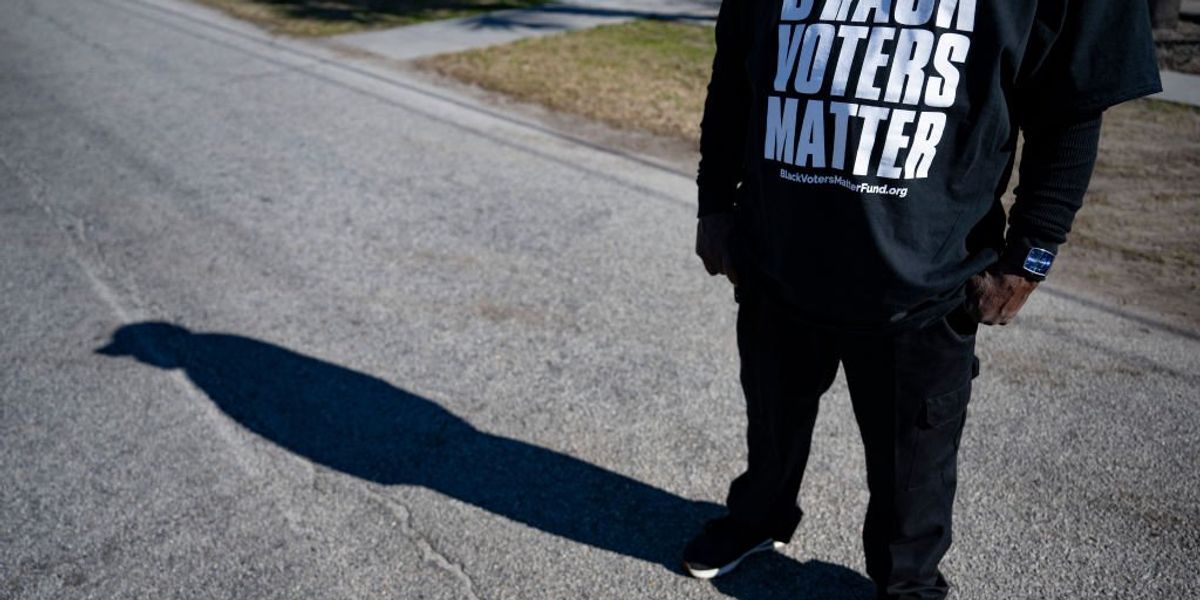It’s been an interesting week for studies.
On Thursday, we had a study that found gun control had no impact on homicides. That’s an important study, at least from a pro-gun perspective. We’re probably going to get a ton of mileage out of that study while I have no doubt the other side will take great pains to try and debunk it.
Just a day later, though, we’ve got a very different study.
This one tries to argue that states with permit-to-purchase requirements benefit more from those laws than from just universal background checks in and of itself.
A Tufts University School of Medicine study, published August 1 in the journal JAMA Network Open, reports that states that require gun permits rather than relying solely on universal background checks see firearm homicide rates, on average, 18% lower than states with background check policies alone.
The analysis compared firearm homicide data from the 12 states with universal background check laws but no permit requirements (e.g., New York, Nevada, Vermont) and the seven states with gun permit laws (e.g., Massachusetts, California, Rhode Island) from 1976 to 2022.
States in the former group showed slight variations in firearm homicide rates while those with permit laws saw reductions in shooting deaths ranging from 2% to 32%.
“These findings cast doubt on the main strategy currently being used by gun violence prevention advocates and policymakers to reduce firearm fatalities,” says study author Michael Siegel, a professor of public health and community medicine at the School of Medicine.
“If state lawmakers really want to reduce gun violence, the most effective policy they can enact is one that requires permits in order to purchase or possess a gun.”
Interesting, don’t you think?
Now, let’s understand that these compared states only with others that have universal background checks. They didn’t include states with constitutional carry in the mix.
That means they started looking at this with the belief that gun control reduces crime–which the study linked first in this post says isn’t the case–and that suggests they went into this research with a certain degree of bias, namely that universal background checks work. The question was whether permitting requirements for gun purchases worked better.
Second, it’s impossible to control for all external factors so that you’re only looking at the impact of the laws in question. They used a long enough timeframe, at least, but there’s an interesting point that needs to be mentioned. A while back, Cam wrote about why these studies were largely garbage. In that piece, he notes that there was a famous study that found permit-to-purchase requirements drove down the homicide rate in Connecticut. What they found, though, was that immediately following the study period, the homicide rate was back to where it was before the law was enacted.
So there’s a data point finding the exact opposite of what this study claims.
The thing to remember is that the vast majority of guns used in homicides are due to illegal, black market-acquired guns. Permit-to-purchase requirements don’t address that in the least and anyone with half a brain should be able to see that.
But then again, remember when I said they couldn’t control for external factors? I’m pretty sure that in this case, that’s a feature, not a bug.
Read the full article here





![Adam Schiff Can’t Wait to Launch Another Trump Impeachment Push [WATCH] Adam Schiff Can’t Wait to Launch Another Trump Impeachment Push [WATCH]](https://www.lifezette.com/wp-content/uploads/2024/11/2024.11.26-02.05-lifezette-6745d5926a83c.jpg)



